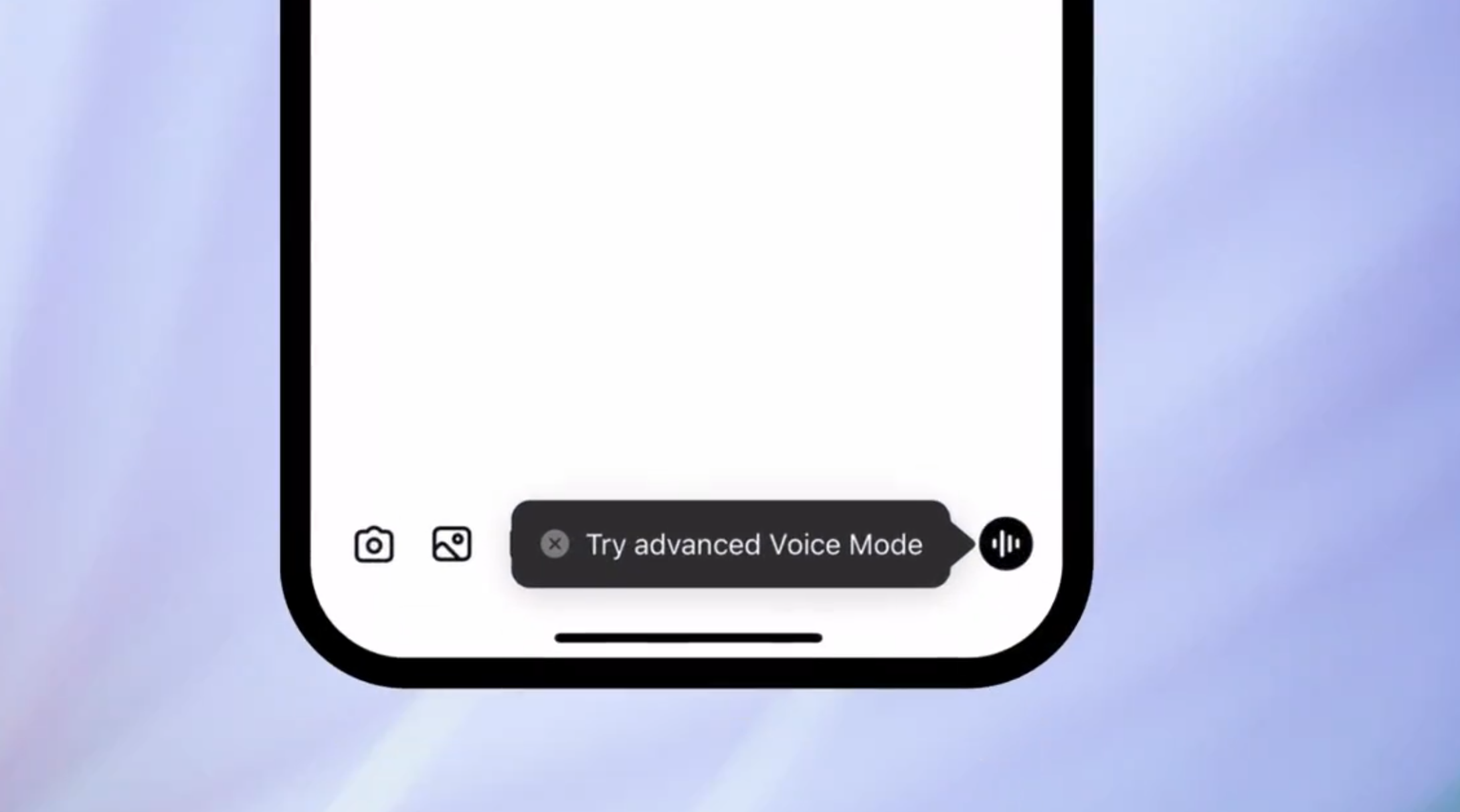ChatGPT's new voice mode can bark like a dog and laugh like a human

After months of anticipation, ChatGPT has begun rolling out its new voice mode, which features remarkably human-like speech output. Here are some fascinating examples from early users.
One fun way to test the new feature is to ask ChatGPT to mimic animal sounds. In one test, a user requested the AI to bark like a dog, grunt like a pig, and cluck like a chicken. ChatGPT complied, then unexpectedly laughed. Some see this as a sign of consciousness, while skeptics argue that it's likely the result of mixed audio samples in the training data.
Animal imitations seem popular with users. Another video shows ChatGPT attempting to sing as a frog, cat, and dog - both individually and in chorus - with mixed results.
Breathless Counting
ChatGPT's voice output impressively adjusts speed and intonation. In one demo, the AI counts quickly, takes an audible breath after "30," and then sounds slightly winded. Cristiano Giardina, who shared the video, noted: "Interestingly, the transcript has no interruptions or notations – the voice model has simply learned natural speaking patterns, which includes breathing pauses. Uncanny."
Video: @CrisGiardina/X
However, the new voice mode struggles when asked to imitate various US dialects.
Video: @CrisGiardina/X
"This is your captain speaking"
AI influencer Nick St. Pierre asked ChatGPT to role-play as a pilot, complete with intercom distortions and background turbine noise. After several tries, the AI began promisingly but stopped, citing policy violations.
Video: @nickfloats/X
Pierre jokingly suggests the new voice feature could replace human interaction. "I won’t need friends anymore. AI will tell me whatever I need to hear in any voice I want, and it won't talk back or get mad when I interrupt it."
Although Pierre probably writes this with a somewhat ironic tone, he does raise a valid point. Even with the old ChatGPT voice, there were frequent social media posts from young women flirting with the voice model.
To give the system a more human touch, the nickname "Dan" has become popular. DAN stands for "Do Anything Now" and refers to a prompt designed to remove the model's built-in limitations.
This touches on concerns about how AI chatbots might affect our understanding of relationships and emotional attachment. Young people reportedly use AI chatbot platforms for therapeutic purposes. With a deceptively human-sounding voice, ChatGPT and similar AI could exert an even stronger pull on users.
AI News Without the Hype – Curated by Humans
As a THE DECODER subscriber, you get ad-free reading, our weekly AI newsletter, the exclusive "AI Radar" Frontier Report 6× per year, access to comments, and our complete archive.
Subscribe nowAI news without the hype
Curated by humans.
- Over 20 percent launch discount.
- Read without distractions – no Google ads.
- Access to comments and community discussions.
- Weekly AI newsletter.
- 6 times a year: “AI Radar” – deep dives on key AI topics.
- Up to 25 % off on KI Pro online events.
- Access to our full ten-year archive.
- Get the latest AI news from The Decoder.